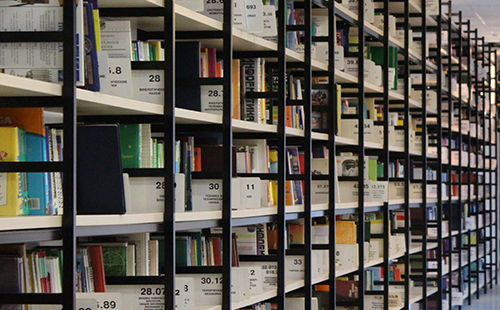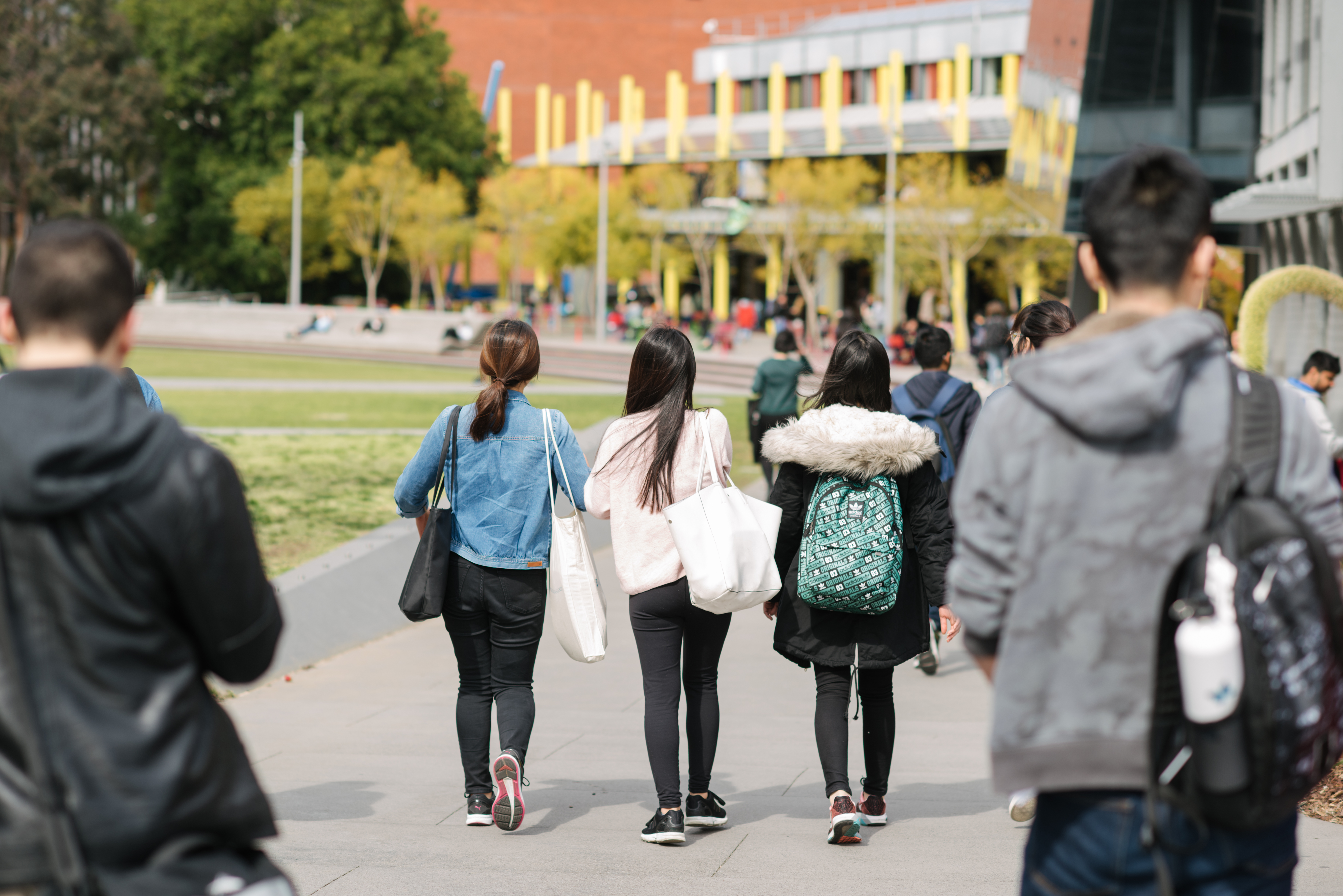International launch of Global Academic Integrity Network (GAIN)
A new consortium led by Irish and Australian education quality agencies is joining forces to fight the rise of commercial academic cheating services targeting higher education students.
The Global Academic Integrity Network (GAIN), launched earlier today by TEQSA and Quality and Qualifications Ireland (QQI), is working with similar agencies around the world to stamp out commercial cheating operations, which have flourished during recent years as online learning has become more prevalent.
Backed by the United Nations Educational, Scientific and Cultural Organisation (UNESCO), higher education regulatory agencies and other organisations with an interest in maintaining academic integrity are collaborating to protect the reputation and efficacy of national skills, qualifications, and education systems.
Quality assurance agencies and education providers are already working to inform students, staff and other stakeholders about the risks posed by cheating and to maintain cultures of academic integrity on-campus.
GAIN will share experiences and resources to help other jurisdictions develop legislation, regulatory approaches and frameworks that penalise facilitating and advertising of cheating services.
Other members of GAIN include the Quality Assurance Agency for Higher Education, UK (QAA), The Office of the Lithuanian Ombudsperson for Academic Ethics and Procedures, New Zealand Qualifications Authority (NZQA), South African Qualifications Authority (SAQA), and the Higher Education Authority (Zambia).
Endorsing organisations include the Council of Europe and the European Network for Academic Integrity (ENAI).
TEQSA Chief Commissioner Peter Coaldrake applauded the work that has already occurred in Australia but reiterated the need for a strong alliance to further progress action.
“While individual jurisdictions are taking enormous strides in combatting cheating, many of these large operations are international and working together will give us the best chance of breaking their business models.”
“GAIN will share intelligence on cheating operators and insights to help different jurisdictions tighten their anti-cheating detection, laws and penalties.”
“GAIN is also sharing the best practice in anti-cheating resources and research to help educate students, lecturers and institutions about the integrity risks associated with these unethical practices and to keep abreast of emerging threats.”
Media contact
TEQSA Communications: comms@teqsa.gov.au, 0437 143 012



